According to the special correspondent of VNA, within the framework of the official visit of General Secretary To Lam and his wife and the high-ranking Vietnamese delegation to the United Kingdom of Great Britain and Northern Ireland, for 2 days (October 28 and 29), Mr. Nguyen Duy Ngoc, Politburo member, Secretary of the Party Central Committee, Chairman of the Central Inspection Commission , Deputy Head of the Central Steering Committee on Science and Technology Development, Innovation and Digital Transformation, and the delegation researched, surveyed and exchanged experiences at a number of corporations, businesses and universities in the UK.
Also attending were representatives of the leaders of the Ministry of Science and Technology , Ministry of Education and Training and representatives of a number of universities; specialized members of the Central Steering Committee on science and technology development, innovation and digital transformation.
At the Catapult Network, the working group studied and exchanged experiences on the effective "intermediary application organization" model; studied the sustainable public-private partnership model, typically the "one-third" funding model (1/3 from the government , 1/3 from commercial contracts, 1/3 from collaborative research and development projects) to create a balance, ensuring that the centers both serve national goals and are autonomous and market-oriented.
The delegation participated in research on specific activities such as programs to promote the application of advanced digital technologies such as artificial intelligence (AI), 5G, quantum computing; visited laboratories and learned about successfully commercialized projects.
The Catapult Network comprises nine technology and innovation centres across the UK. These centres are independent, not-for-profit organisations that act as bridges to help bridge the “valley of death” – the gap between research in academia and industry.
Digital Catapult in London focuses on accelerating the application of advanced digital technologies in AI, 5G and quantum computing.
Visiting Imperial College, one of the world's leading universities, with a special and deep focus on the fields of science, technology, engineering, medicine and business (STEMB), the delegation learned in detail about Imperial's most important strategic initiative, the development of White City Campus, an "innovation district" dedicated to deep technology. This is not just a simple science park, but a deliberate effort by the university to play the role of "conductor," coordinate and create a new economic zone for London.
By planning and co-locating research facilities, incubators, space for scale-ups and large corporate partners, Imperial is proactively creating a closed and self-sustaining ecosystem.
This approach demonstrates a proactive, interventionist role for a university in shaping regional economic development, a powerful model that shows how Vietnamese universities can become growth engines for their cities and economic regions.
The delegation studied and exchanged experiences on the "end-to-end" startup support model, learned how to build a seamless, efficient process to convert academic research and student ideas into viable businesses; researched strategies for developing a university-led "innovation district"; learned about flexible intellectual property and spin-out policies; organizational structures and financial models; the process of a student or researcher going from an idea to establishing a company; Imperial's experience in collaborating with local authorities and private investors to build and develop White City Campus into an "innovation district"...
Also in the program, the delegation studied the comprehensive commercialization model at Oxford University on how to build a technology transfer department and even the school's own venture capital fund; and studied how to build a startup culture in an academic environment.
The delegation studied the public-private partnership (PPP) governance model for a national-scale science park at Harwell Campus Science Park; learned strategies for building and developing specialized technology clusters; explored mechanisms for sharing and commercializing national research infrastructure; the process for selecting and nurturing a technology cluster; business models that allow private enterprises (from startups to large corporations) to access and use billions of pounds worth of state-owned scientific facilities; ways to promote cooperation and knowledge transfer between public research organizations, large companies and SMEs on the same campus...
At the Alan Turing Institute - the UK's national institute for data science and artificial intelligence (AI), the delegation studied the Institute's key and influential areas of collaboration with the defense and security community to provide strategic AI solutions; projects on safety and ethics in AI, AI governance, and lean language models for the public sector..../.
Source: https://www.vietnamplus.vn/viet-nam-anh-trao-doi-kinh-nghiem-ve-khoa-hoc-cong-nghe-doi-moi-sang-tao-post1073739.vnp


![[Photo] The Third Patriotic Emulation Congress of the Central Internal Affairs Commission](https://vphoto.vietnam.vn/thumb/1200x675/vietnam/resource/IMAGE/2025/10/30/1761831176178_dh-thi-dua-yeu-nuoc-5076-2710-jpg.webp)
![[Photo] National Assembly Chairman Tran Thanh Man receives foreign ambassadors who came to say goodbye](https://vphoto.vietnam.vn/thumb/1200x675/vietnam/resource/IMAGE/2025/10/30/1761820977744_ndo_br_1-jpg.webp)
![[Photo] General Secretary To Lam meets former British Prime Minister Tony Blair](https://vphoto.vietnam.vn/thumb/1200x675/vietnam/resource/IMAGE/2025/10/30/1761821573624_tbt-tl1-jpg.webp)
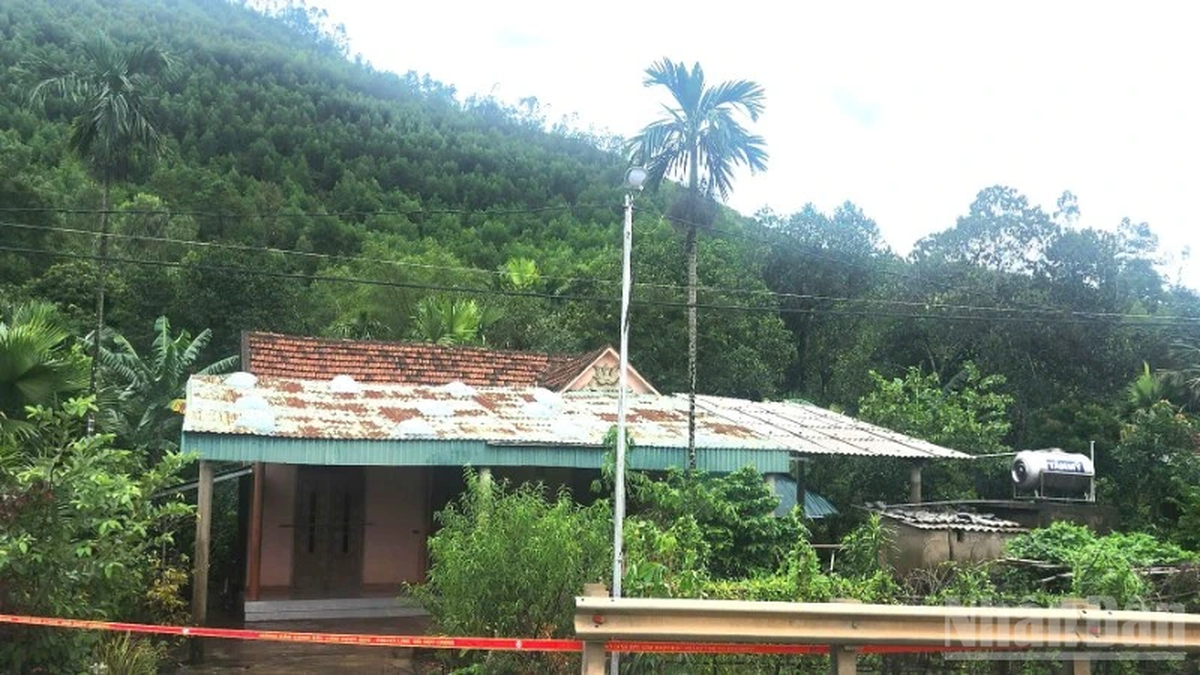
![[Photo] Touching scene of thousands of people saving the embankment from the raging water](https://vphoto.vietnam.vn/thumb/1200x675/vietnam/resource/IMAGE/2025/10/30/1761825173837_ndo_br_ho-de-3-jpg.webp)
![[Photo] General Secretary To Lam attends the Vietnam-UK High-Level Economic Conference](https://vphoto.vietnam.vn/thumb/1200x675/vietnam/resource/IMAGE/2025/10/30/1761825773922_anh-1-3371-jpg.webp)
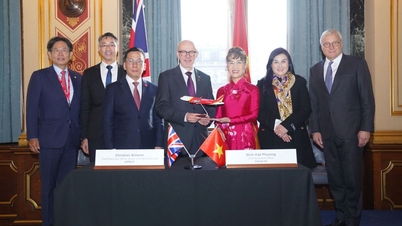

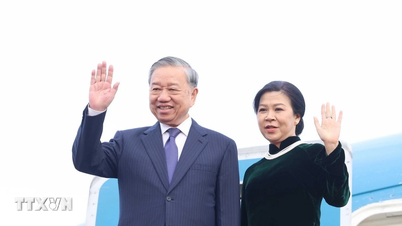
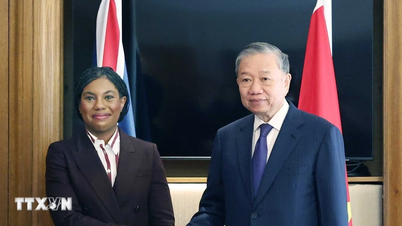
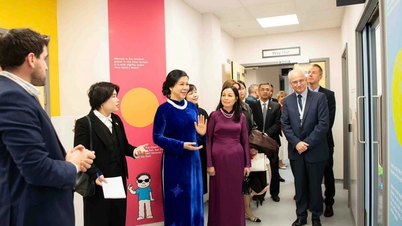
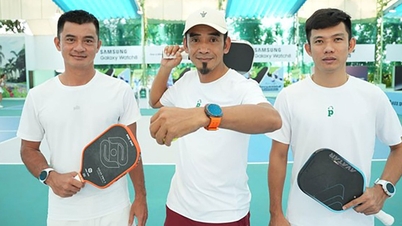

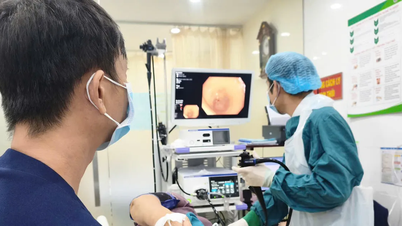








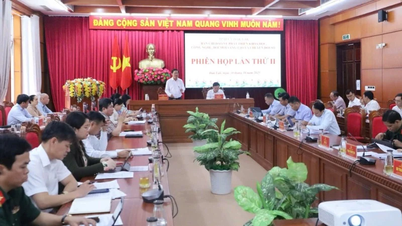






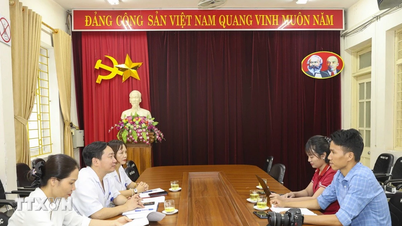
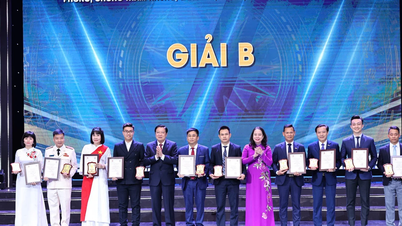
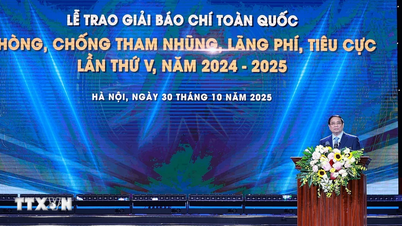






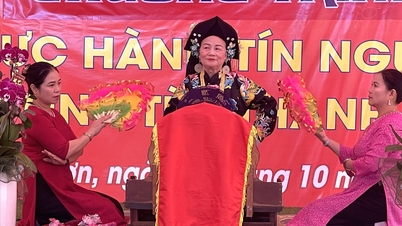







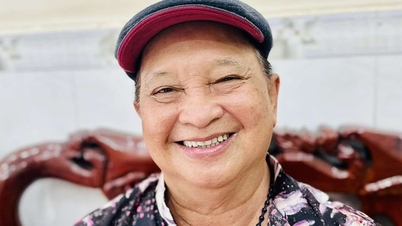

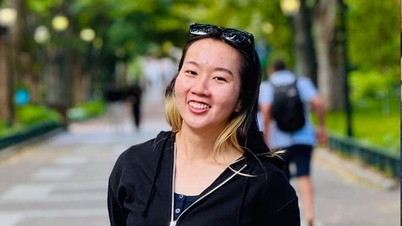
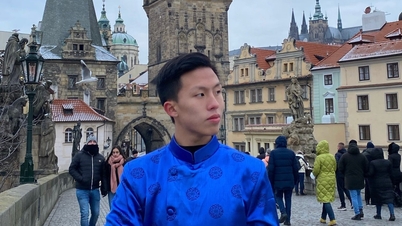

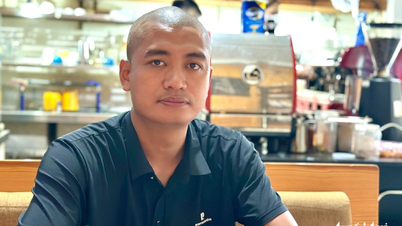

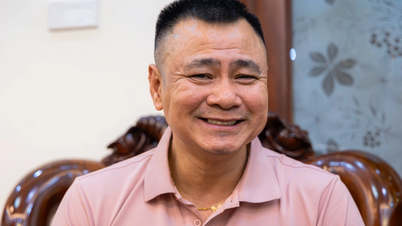

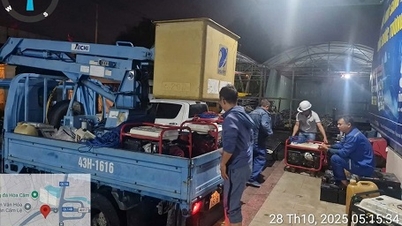

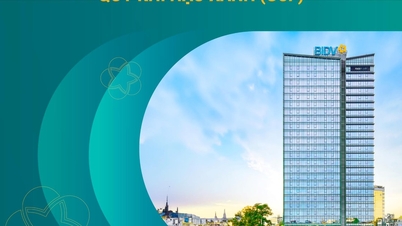












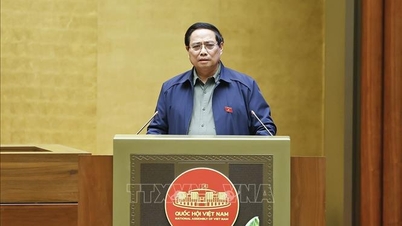

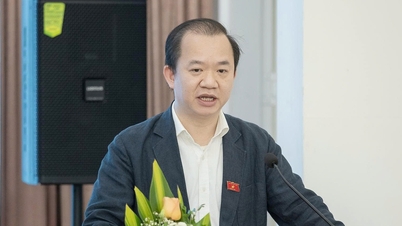
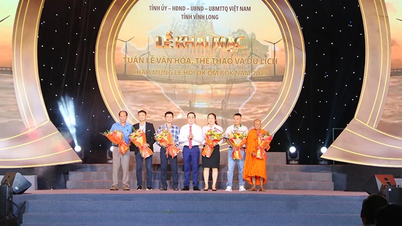
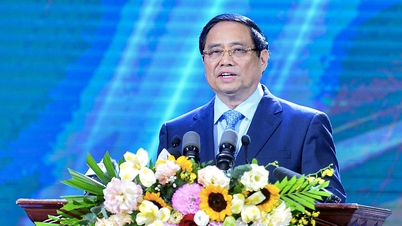

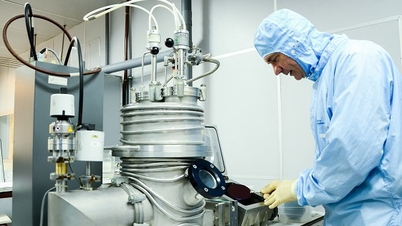

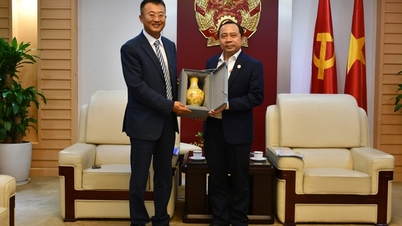
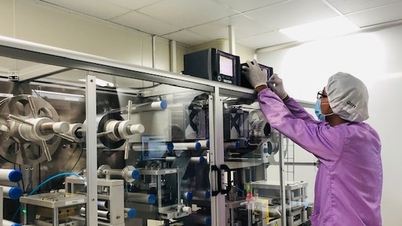
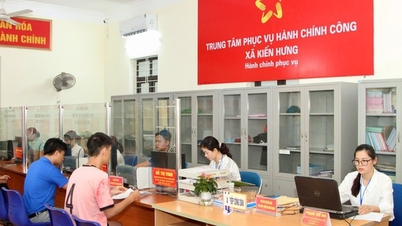
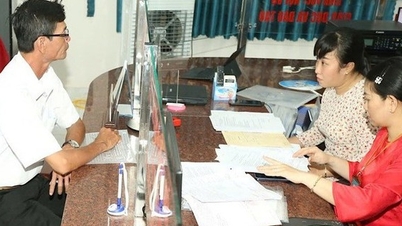
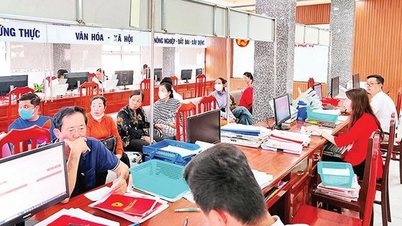

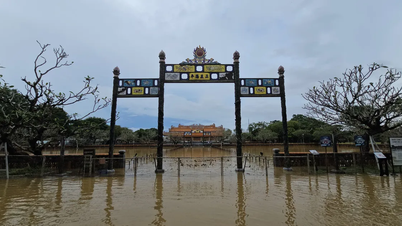
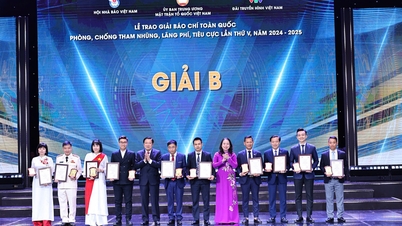



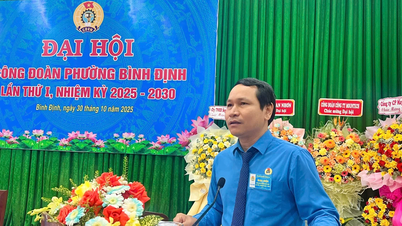














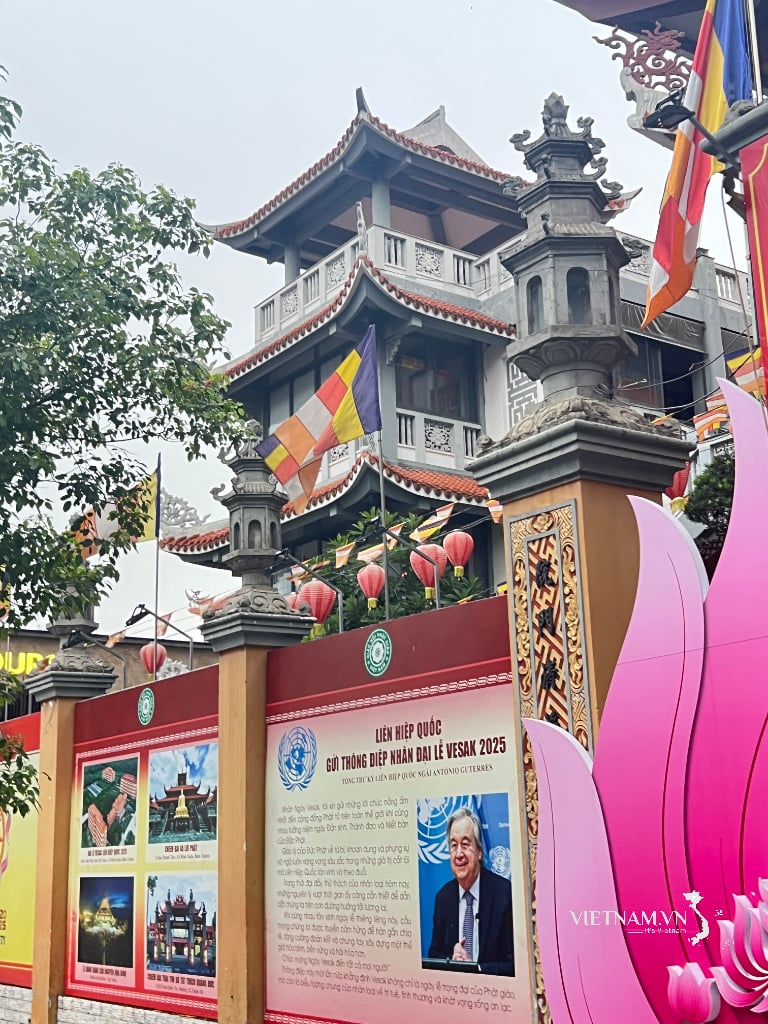
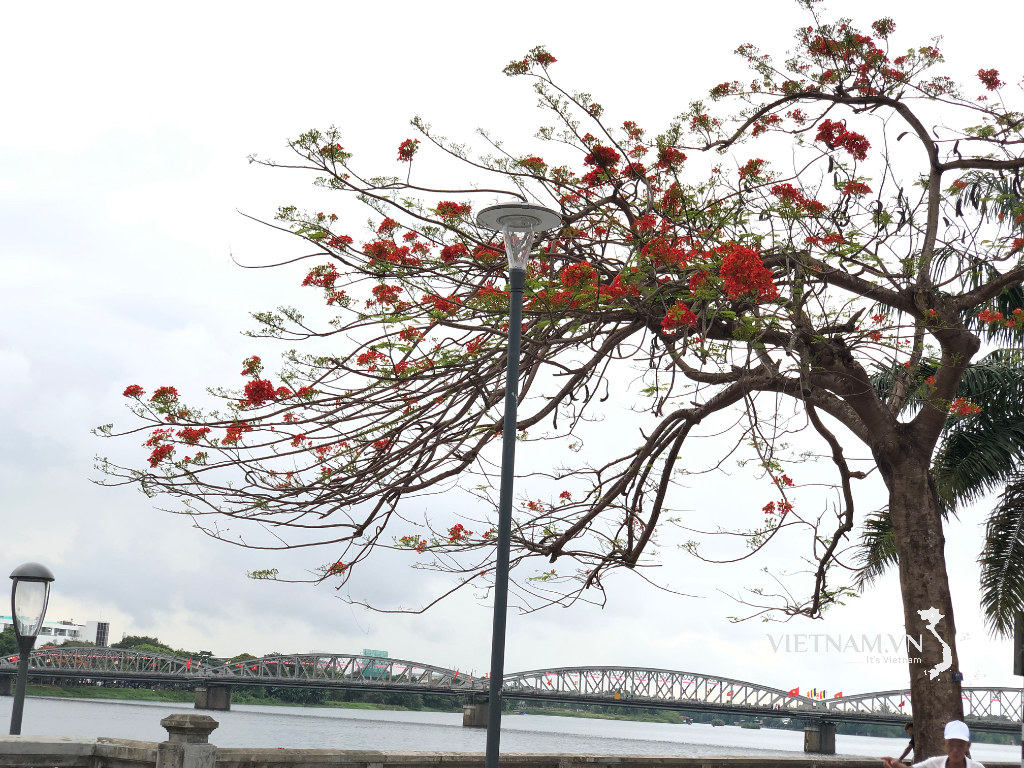

Comment (0)